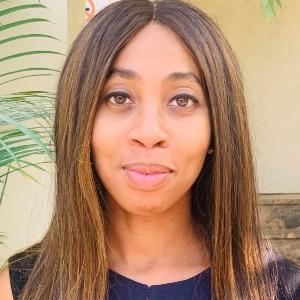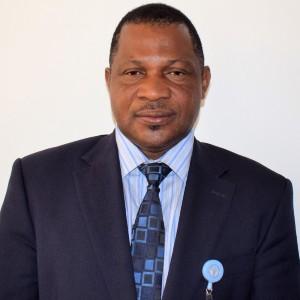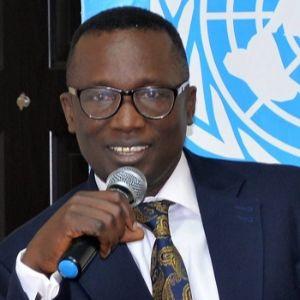Federal Government, UN Convene National Dialogues on Food Systems
02 March 2021
“We must mobilise human and material resources across the country, and come together to dialogue on how to build back better, the ailing food systems.”
Abuja, 02 February 2021. The Federal Government of Nigeria in collaboration with the United Nations system in Nigeria, has announced plans to organize series of dialogues across the country towards ensuring resilient, inclusive and sustainable food systems in Nigeria by 2030. This was preparatory to the September 2021 UN Food Systems Summit (FSS) convened by the UN Secretary-General Antonio Guterres.
The National Convenor of Nigeria Food Systems Summit Dialogue (FSSD), and Permanent Secretary, Budget and National Planning, Mrs. Olusola Idowu, disclosed this in Abuja on Monday 1 February 2021, during a multi-sectoral, inter-Agency planning meeting for the dialogue.
According to her, the food systems dialogues, the first of which holds on 23 February, are based on five action tracks which align with the current developmental priorities of Nigeria, and therefore, immensely contributory to an improved food systems in the country.
“The five action tracks”, Mrs. Idowu explained, “include to ensure access to safe and nutritious food for all; Shift to sustainable Consumption Pattern; Boost nature-positive production; Advance equitable livelihood; and build resilience to vulnerabilities, shocks and stress.”
The National Convenor emphasized that the Nigeria FSSD would be organized at three levels: The Inception National Dialogue, aimed at identifying food systems challenges from multiple perspectives; the Exploratory Dialogues, planned to hold in the six geo-political zones and major cities in Nigeria to harness promising approaches from diverse stakeholders that contribute to food systems in the country; and the Consolidatory Dialogues, aimed to exchange views on the pathway towards sustainable national food system, identify intentions and commitments of different food system actors.
Providing some insights, Mrs. Idowu explained that in Nigeria, the Food Systems Dialogue would create more inclusive, healthier food systems, and encourage a collaborative approach towards building a sustainable food systems and enhance the achievement of the sustainable development goals (SDGs).
The UN Resident Coordinator, Mr. Edward Kallon, observed that the COVID-19 pandemic had worsened the Nigeria food systems and the food systems dialogues would provide a critical opportunity to tackle the weaknesses that were exposed by the crisis.
“We must mobilise human and material resources across the country, and come together to dialogue on how to build back better, the ailing food systems.” He emphasized, “We are all members of the global food system, and we all have a responsibility to act.”
Mr Kallon informed that the UN Secretary-General’s Food Systems Summit was designed to galvanise new actions to deliver progress on all 17 SDGs, each of which relies to some degree on healthier, more sustainable and equitable food systems. “It will also enhance food security and sustainability of eco-based Agriculture and food systems around the world.” He added.
In November 2020, the Deputy Secretary-General and Chair of the Advisory Committee of the Food Systems Summit, Amina J. Mohammed, had invited all Member States to engage in the preparation of the Summit through encouraging action-oriented Dialogues, discussing ways to achieve sustainable food systems by 2030.
####




















